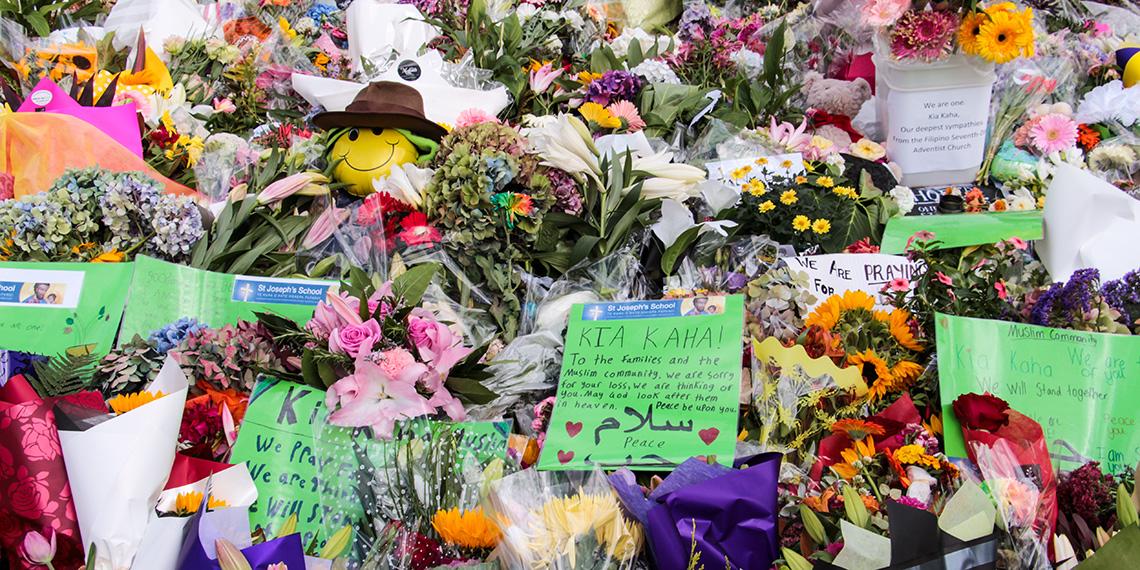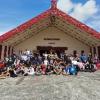They Are Us: Anniversary of the Mosque Shootings

There are some faces you never forget. The face of Macud Ibrahim—Mou’adee, to family and friends—is one such face.
The youngest victim of the 15 March 2019 mass shootings in Christchurch, Mou’adee was only three years old. Born here in the supposed safety and peace of Aotearoa, his family escaped the violence in their country, Somalia, twenty years ago. This migrant family not only endured hatred and violence all over again here in New Zealand, but also the loss of their precious son.
As memorial services take place around the country, we are no longer a nation in shock, but we are still in mourning—forever changed by that event. It may be a year on from the shootings, but I still feel the loss of Mou’adee and the 50 other people who died at the Al Noor Mosque and Linwood Islamic Centre in an unnervingly personal way.
Like many New Zealanders, the shootings were my wake-up call. It forced me to take an honest look at my assumptions and prejudices. And although I wouldn’t have said so prior to the shootings, I needed to be shaken awake to the realisation that these are loving fathers, protective brothers and women in hijab declaring their faith—just as I do when I wear my uniform. I was struck by our sameness—our shared humanity and experience of faith.
I was deeply challenged as family and friends of the victims and injured spoke out about forgiveness and peace and love, even amidst immense grief. Could I have forgiven? Would my faith have held up?
Near where I lived is the Masjide e Umar Mosque. I visited late one evening at dusk the week after the shootings. The verge outside was strewn with flowers, notes and candles, like every other mosque across the country. It was quiet and I couldn’t help but overhear an armed policeman on his cell phone say, ‘Goodnight Princess’, to his young daughter.
I felt compassion for Mou’adee’s father Adan, who couldn’t save his child, and who only escaped the shootings by playing dead himself. And I ached for his mother—a woman of faith like me. A different faith, yes, but one that was sustaining her amidst the horrific loss of her child. I prayed for her.
So what does it mean to be Te Ope Whakaora—the Army that brings life—in the wake of atrocities such as the Christchurch shootings? How do we bring life when there is unjust death? Light, when darkness threatens to overwhelm? Love, when hate advances with such fury?
The anniversary of the mosque shootings sits right in the middle of Lent, mirroring Jesus’ temptation in the wilderness. As we progress towards Easter, anticipating the cross, death and resurrection of the sinless saviour, my mind returns Mou’adee—a different kind of innocent slain lamb. And it’s my prayer that as we reflect on his tragic death, as we open ourselves up to the Spirit’s gentle scrutiny and allow our minds to be changed, that ‘they are us’ will become a way of life, not just a tag line.
